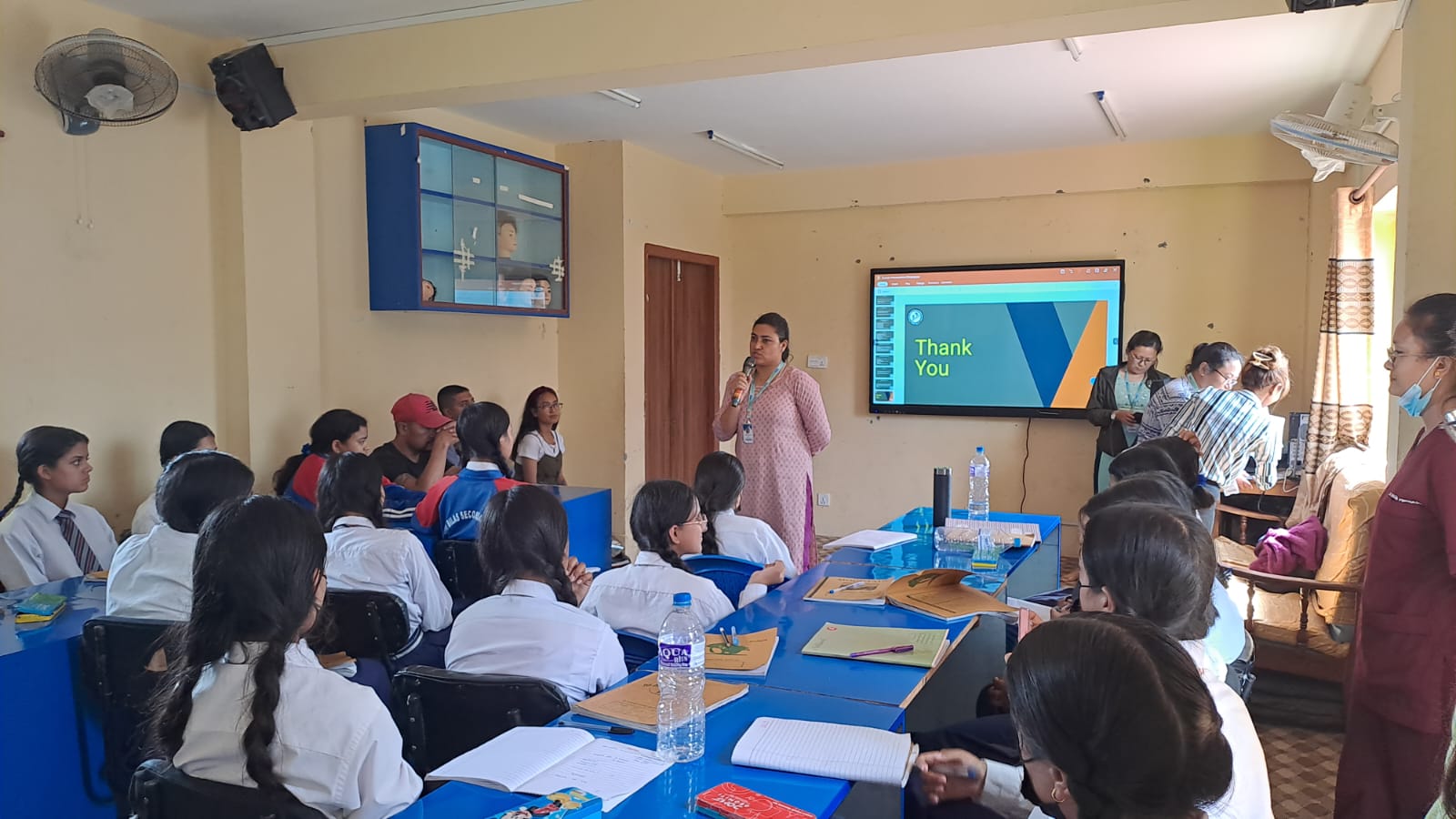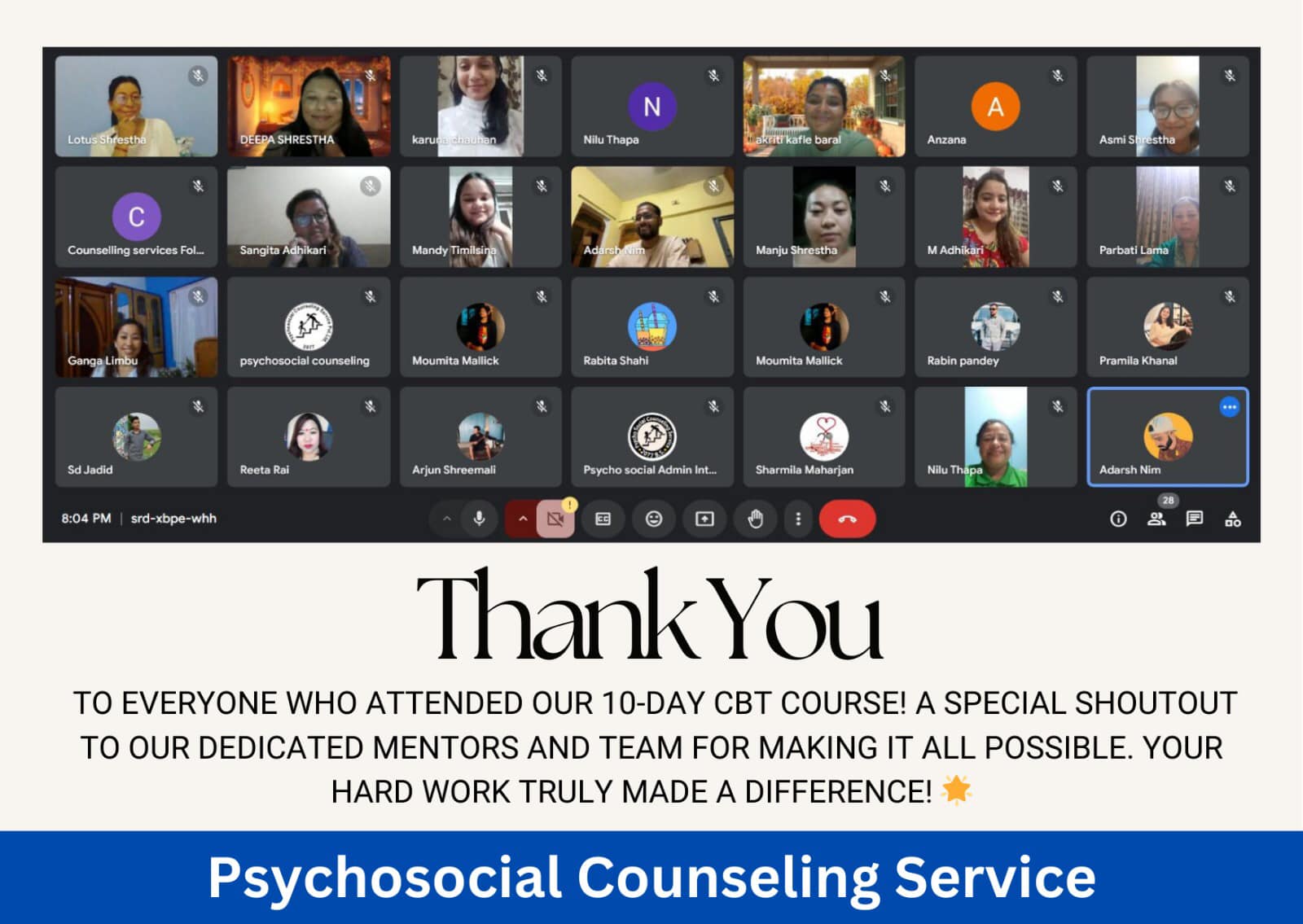
Mental Health Awareness in 2025: Breaking the Stigma and Finding Support
Why Mental Health Awareness Matters Today
Mental health isn’t just a buzzword—it’s a lifeline. People today are grappling with unique challenges:
Work-from-home burnout: Hybrid and remote work, while flexible, often blur boundaries, leading to chronic stress and mental fatigue.
Social media overload: Platforms like X amplify comparison culture, contributing to low self-esteem and anxiety.
Post-pandemic effects: Lingering feelings of isolation and uncertainty continue to impact mental health globally.
Searches like “how to manage stress,” “signs of anxiety,” and “mental health tips” are trending as individuals seek actionable solutions. Awareness campaigns in 2025 are shifting focus from merely talking about mental health to providing real tools and resources.
What People Are Searching For in 2025
Based on current trends, here’s what people want when it comes to mental health:
Practical Coping Strategies: Queries like “how to reduce anxiety instantly” or “stress relief techniques” show a demand for quick, effective solutions.
Accessible Resources: Searches for “free mental health apps” or “online therapy near me” highlight the need for affordable, convenient support.
Community and Connection: Terms like “mental health support groups” and “how to talk about mental health” reflect a desire for belonging and understanding.
Workplace Wellness: With “workplace mental health programs” gaining traction, employees are looking for employers who prioritize well-being.
Understanding these needs helps tailor solutions that resonate with real-world struggles.
Breaking the Stigma: How to Start the Conversation
Despite progress, stigma around mental health persists. Many fear judgment or believe seeking help is a sign of weakness. Here’s how we can change that in 2025:
Normalize Open Dialogue: Share your experiences on platforms like X using hashtags like #MentalHealthMatters or #BreakTheStigma. Even a simple post can inspire others.
Educate Yourself and Others: Learn the signs of common conditions like depression symptoms (e.g., persistent sadness, loss of interest) or anxiety symptoms (e.g., racing thoughts, restlessness).
Advocate for Accessibility: Support policies and organizations that make mental health resources like therapy or hotlines widely available.
By fostering open conversations, we create safe spaces for everyone to seek help without fear.
Practical Tips for Mental Health in 2025
Here are five evidence-based strategies to support your mental well-being, addressing the top concerns people search for:
Practice Mindfulness for Anxiety Relief
Spend 5-10 minutes daily on mindfulness exercises like deep breathing or guided meditation. Apps like Calm or Headspace (often searched as “best meditation apps”) can help. A simple technique: Inhale for 4 seconds, hold for 4, exhale for 8.
Set Boundaries to Combat Burnout
If work-from-home stress is overwhelming, create a clear schedule and unplug after work hours. Searches for “how to avoid burnout” suggest setting limits is key.
Connect with Support Networks
Join online or local mental health support groups. Platforms like X often have threads or groups discussing “coping with depression” or “finding community.”
Prioritize Physical Health
Exercise, sleep, and nutrition directly impact mental health. A 20-minute walk can boost mood, addressing searches like “natural ways to improve mental health.”
Seek Professional Help When Needed
Online therapy platforms like BetterHelp or Talkspace (popular in “online counseling” searches) make professional support accessible. Don’t hesitate to reach out if symptoms persist.
The Role of Technology in Mental Health Awareness
Technology is reshaping how we approach mental health in 2025. From AI-driven chatbots offering instant support to wearable devices tracking stress levels, innovation is making help more accessible. However, balance is key—limit screen time to avoid “social media anxiety” and focus on meaningful connections.
How to Support Others
If someone you know is struggling, here’s how to help:
Listen Without Judgment: Let them share without offering quick fixes. Phrases like “I’m here for you” go a long way.
Encourage Professional Help: Gently suggest resources like crisis hotlines (e.g., 988 in the U.S.) or therapy.
Check In Regularly: A simple message can make a difference for someone searching for “how to feel less alone.”
Lookin
